CIPACA
Institute
1st
Batch
Hands on Training
Training Method
36 Months
Course Duration
30 th August, 2022
COMMENCEMENT DATE
Download Brouchre
Get Touch with Us
Institute Profile
CIPACA Foundation is a team of doctors, nurses, medical and paramedical professionals specialized in establishing tertiary level Multidisciplinary Critical care units, specially designed to cater semi-urban and rural areas.
In India 70 percent of population resides in rural areas & suburbs, whereas more than 70 percent of the specialist doctors are located in metropolitan cities. In our country approximately 80% of the tertiary care level ICU beds are available only in metropolitan cities.
In India 70 percent of population resides in rural areas & suburbs, whereas more than 70 percent of the specialist doctors are located in metropolitan cities. In our country approximately 80% of the tertiary care level ICU beds are available only in metropolitan cities.
Mission

To make the best Critical Care available to every patient in the hospitals of rural and Suburb regions.
Objectives

To collaborate with hospitals of different levels and provide customized solutions for setting up and management of Emergency and ICU services.

To deliver the best critical care and to avert every preventable complication while managing ICU patients.

To create Multi-Disciplinary ICU teams providing 24X7 services effectively handling complex problems like Sepsis, Traumatic Brain Injury, Cerebral Hemorrhage, Myocardial Infraction, Heart Failure, Severe Pneumonia, Acute Respiratory Failure, Acute Pancreatic, Liver Failure, Renal Failure etc.

We Promise to Protect Your Right
Accessibility to life-saving critical care is every citizen’s right and it should be provided equally to every sick patient whether in a city or a town or a village.
At CIPACA, we believe that each critically ill patient must receive an individualized care from a specialized ICU team, even in a village.
That is why, every ICU-designed, managed or remotely moni- tored by CIPACA will offer the best chance for recovery of every critically ill patient.

Training
Clinical work, Hands on training, Bedside Teaching, Theory classes, Weekly conferences, journal club, chapter reviews and morbidity and mortality meetings
- ACLS & ATLS
- Attending regional & national conferences
The main goal of the training program is to produce Rural Critical Care physicians with the necessary knowledge, skill and attitude to diagnose and manage in an effective manner, a wide range of clinical problems in Critical Care medicine as seen in the community or in secondary and or in tertiary care setting. Special emphasis is placed on the relatively common emergencies and treatable disorders. Possession of clinical skills, required for making a diagnosis is given utmost importance.
- 1. A thorough knowledge of pathological abnormalities, clinical manifestations, and principles of management of a large variety of medical and surgical emergencies & critical care of pediatrics, adults and geriatrics,
- 2. Skill and competence to choose and interpret correctly the results of the various routine investigations necessary for proper management of the patient. While ordering these investigations, a resident must be able to understand the sensitivity, specificity and the predictive value of the proposed investigation, as well as its cost-effectiveness in the management of the patient.
- 3. Skill and competence in critical care and emergency interventions like endotracheal intubation, needle cricothyroidotomy, Standardized Curriculum for MRCCP tracheostomy, needle thorococentesis, Intercostal drain _ placement, pericardio centesis, defibrillation, so on and so forth.
- 4. Skills and competence fo perform commonly used diagnostic procedures, namely, lumbar puncture, bone marrow aspiration / biopsy, liver / nerve /muscle / skin / kidney / pleural biopsy, fine needle aspiration cytology of palpable lumps, pleural / pericardial / abdominal / joint fluid aspiration.
- 5. Skill and competence to choose and interpret correctly the results of specialized investigations including radiologic, ultra sonographic, biochemical, hemo dynamic, Electro cardio graphic electro physiological, pulmonary functional, hematological, immunological, nuclear isotope scanning and arterial blood gas analysis results.
- 6. Skill and competence to provide consultation to other medical and surgical specialties and sub-specialties, whenever needed.
- 7. Skill and competence to function effectively in varied clinical settings, namely emergency / critical care, ambulatory care, out-patient clinic, in-patient wards.
- 8. Skill and competence to take sound decisions regarding hospitalization, or timely referral to other consultants of various medical sub specialties recognizing his limitations in knowledge and skills in these areas.
- 9. Proficiency in selecting correct drug combinations for different clinical problems with thorough knowledge of their pharmacological _ effects, _ side-effects, interactions with the other drugs, alteration of their metabolism in different clinical situations, including that in the elderly.
- 10. Skill and competence to advise on the preventive, restorative and rehabilitative aspects including those in the elderly, so as to be able to counsel the patient correctly after recovery from an acute or chronic illness.
- 11. Skill and competence to understand research methodology in critical care & emergency medicine and fo undertake a critical appraisal of the literature published in various emergency medical journals and be able to apply the same in the setting in which the resident is working.
- 12. Skill and competence to work cohesively in resuscitation team along with paramedical personnel and maintain discipline and healthy interaction with the colleagues.
- 13. Skill and competence to communicate clearly and consciously, and teach other junior residents, medical students, nurses and other paramedical staff, the theory as well as the practical clinical skills required for the practice of Critical Care & Emergency medicine.
- 14. Roles and responsibilities that can be taken up by the candidate after the successful completion of the course: To be an effective team player in a tertiary care level ICU team.
Overview of the Curriculum
- 1. Nerve & Muscle Cell Physiology
- 2. Circulation
- 3. CNS
- 4. GIT
- 5. Blood
- 6. Fluid & Electrolyte Therapy
- 7. Kidney/ Renal Physiology
- 8. Musculoskeletal
- 9. Musculoskeletal
- 10. Miscellaneous
- 11. Cardiovascular Problems
- 12. Sepsis, severe sepsis and multiple organ dysfunction syndrome
- 13. Basics of Trauma
- 14. Radiology
- 15. Basics of daily care of ICU patient
- 16. Minimally invasive Monitoring
- 17. Procedures & Techniques
- 18. Clinical Pharmacology
- 19. Occupationa
- 20. Nutrition
- 21. Biochemistry
- 22. Microbiology
- 1. Pathology
- 2. Infective Pathophysiology of disease
- 3. Cardiovascular System - Pathophysiology
- 4. Vascular
- 5. Pulmonary Problems in the Intensive Care Unit
- 6. Gastro Intestinal Disorders
- 7. Haematology and Oncology Problems
- 8. Obstetric Problems
- 9. Central Nervous System
- 10. Renal Disorders
- 11. Endocrine - Pathophysiology
- 12. Miscellaneous — Pathophysiology
- 13. Surgical Problems in Intensive care
- 14. Environmental Casualties
- 15. Pharmacology Overdoses, and Poisonings
- 16. Infections
- 17. End of Life care
- 18. Transportation of critically III patient
- 19. Psychiatric Issues in Intensive Care
- 21. Metabolism/ Nutrition
- 22. Neurologic problems in the Intensive Care Unit
- 1. Recent updates in Respiratory Critical Care
- 2. Recent updates in Cardiovascular Critical Care
- 3. Recent Updates in Infectious Disease Problems - Critical Care
- 4. Recent updates in Shock & Trauma
- 5. Transplantation
- 6. Contemporary Challenges in the & Trauma Intensive Care Unit
- 7. Recent updates in ICU Radiology
- 8. Recent updates in ICU procedures
- 9. Recent updates in Clinical Pharmacology
- 10. Policy Making Protocol Establishment
- 11. ICU research Methodologies
- 12. ICU auditing and quality improvement in Critical Care
- 13. Recent Advances in ACLS, BLS, PALS & ATLS
Examination Pattern
Evaluation
Students will be evaluated throughout their postings on
- Their ability to care for the critically ill & Emergency medicine - clinical knowledge, procedural skills, decision making, team spirit, resuscitation skills.
- Their interaction with patients & attendants
- Their interaction with residents, other staff members
- Teaching skills
- Ethical aspects in critical care & Emergency Medicine
Assessment
Candidates are eligible 1st year exam only if they provide
- 1. Log Book for 1styear
- 2. BLS &ACLS/ALS workshop Certificate - 1
- 3. Hemo-dynamic workshop Certificate - 1
- 4. Airway Management workshop Certificate - 1
Candidates are eligible for 3rd year final exam only if they provide
- 1. Log book for 3 years
- 2. Regional/ National Conference Certificate — 1
- 3. International Conference Certificate - 1
- 4. ATLS course workshop Certificate - 1
- 5. Mechanical Ventilation Workshop Certificate - 1
- 6. Critical Care refresher course - 1
- 7. Thesis — must be submitted 6 months before the examination
- 8. Oral presentation / Poster Presentation ‘in National Conference - 1
- 9. 90% Attendance
Assessment:1 year (Internal Assessment)
Total: 200 marks
Pass: 50% 1st Class: 75% Distinction: 90%
Theory: 180 marks
Paper1: 180 marks – 180 Objective type MCQs – 180 mins
section1: Basic Sciences (60 questions)
section2: Medical/ Surgical Emergencies (60 questions)
section3: General Principles of Rural Critical Care (60 questions)
viva: 20 marks
Assessment:Third Year (Final Exam - External Exam)
Total: 500 marks
Pass: 50% 1st Class: 75% Distinction: 90%
Theory: 300 marks
Paper1: 10 questions 10 x 10 = 100 marks - 180 mins — Basic Sciences
Paper2: 10 questions 10 x 10 = 100 marks — 180 mins — Specialty critical Care.
Paper3: 10 questions 10 x 10 = 100 marks — 180 mins - Recent advances, Policy making protocol Thesis: 25 marks Establishment, ICU auditing and quality improvement in Critical Care
Practical: 200 marks
1 Long case: 50 marks – 1 major system
2 short cases: 25 marks each- total 50 marks
viva: 50 marks (5 Stations - each 10 marks)
Log Book: 25 marks
Note: Application form is enclosed
Course Coordinators & Faculties
Course Coordinators
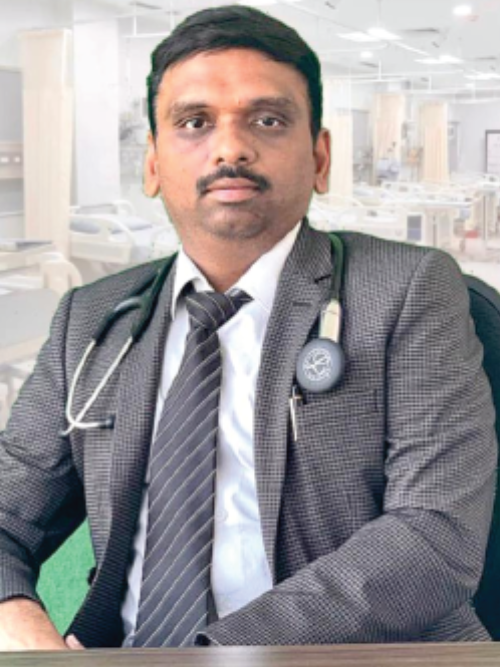
Dr Raja Amarnath
MBBS MD DM FRCP (Edin) FCCP EDIC (UK)
Pulmonology and Critical Care
Managing Director, CIPACA, Chennai
Professor & Head- Pulmonary Medicine
Director -Critical Care Services
Sree Balaji medical college and Hospitals, Chennai
Senior Consultant, Apollo Hospitals, Chennai
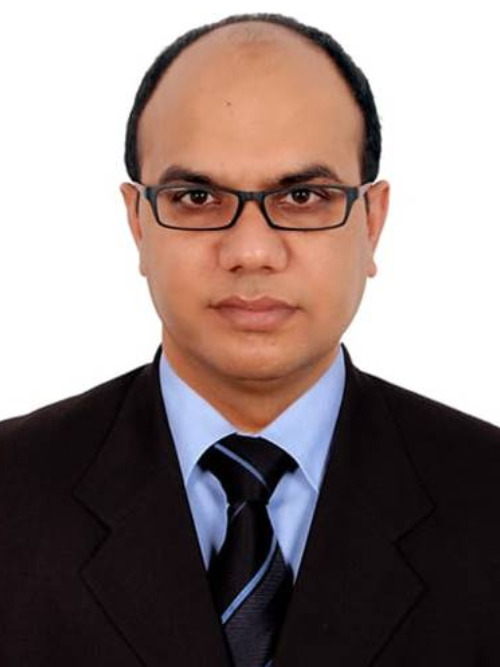
Dr Ghanshyam Verma
DNB DTCD EDIC (UK)
Pulmonology & Critical Care
Research Assistant Director, CIPACA, Chennai
Assistant Professor, SBMCH, Chennai
Consultant, Apollo Hospitals, Chennai
International Faculties
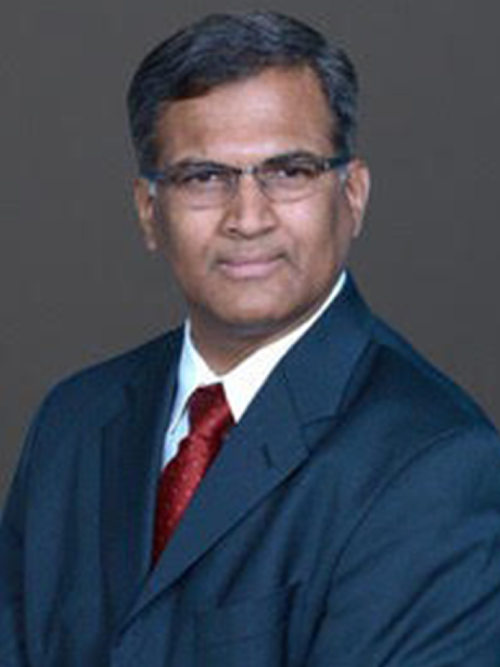
Dr Subbarao Elapavaluru
MD
Cardiothoracic Critical Care
Associate Medical Director CTICU
Medical Director AGH ECMO Program
Associate Professor, Temple University Medical School
Allegheny General Hospital
Pittsburgh, US.
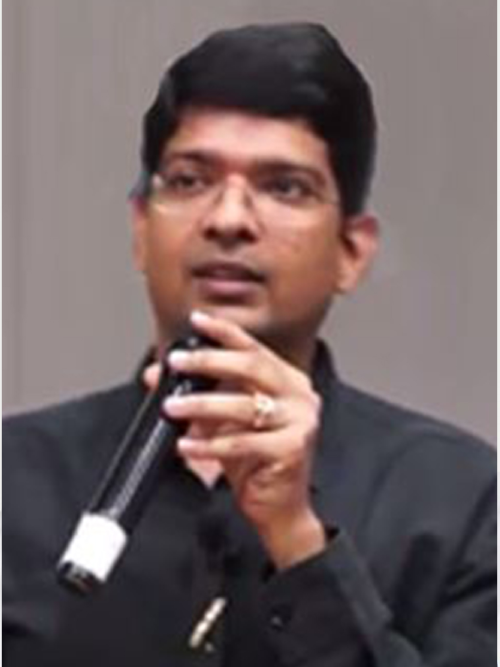
Dr Natwar Lal Sharma
MBBS MD DNB MRCPCH FPCC
Paediatrics & Critical Care
Consultant Paediatrics
Paediatric Intensivist
Al Seef Hospital, Kuwait.
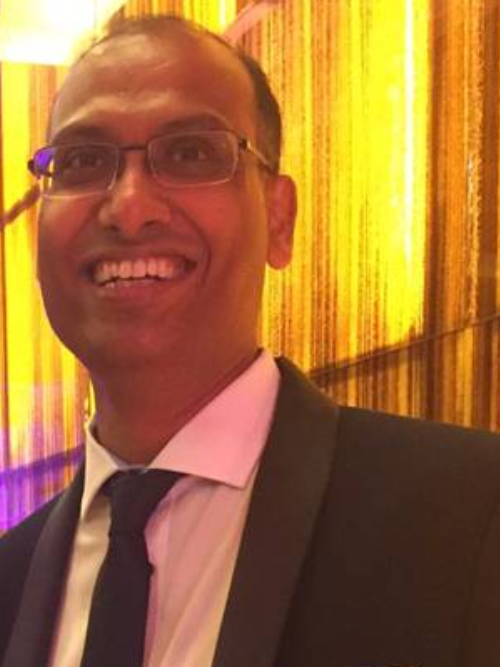
Dr Narendran Ulaganathan
MBBS FRCA (UK) FFARCSI
Anesthesiology
Consultant Anesthesiologist
King Faisal Specialist Hospital And Research Centre
Riyadh, Kingdom of Saudi Arabia.
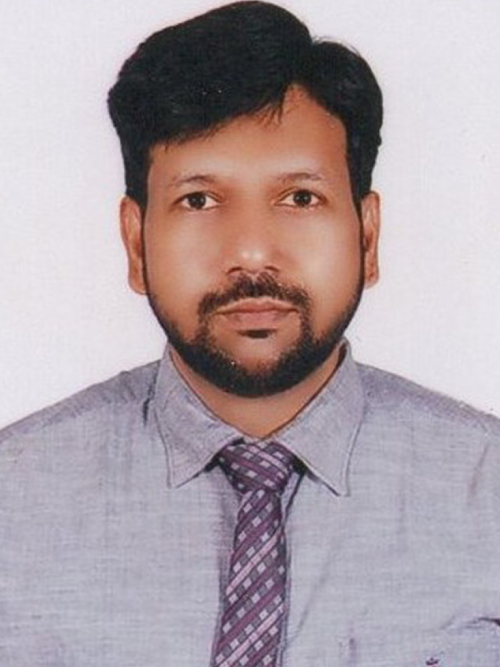
Dr Mubarak Ali
MBBS MD IDCCM
Anesthesiology & Critical Care
Ahmadi Hospital (Kuwait Oil Company)
Kuwait.
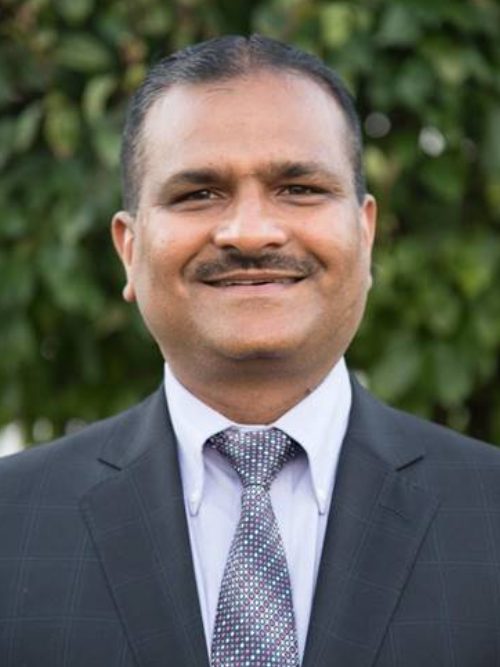
Dr Radha Ramana Murthy Gokula
MBBS MD CMDDip ABLM
Adjunct Clinical Instructor
Department of Family Medicine
University of Michigan
Adjunct Community Faculty
East Lansing, MI
Michigan State University College of Human Medicine
Concierge Connected Care(own clinic)
STAYHOME, IWILL, P.C.
Hospitalist
St. Luke’s Hospital
Clinical Associate Professor
University of Toledo Department of Family Medicine
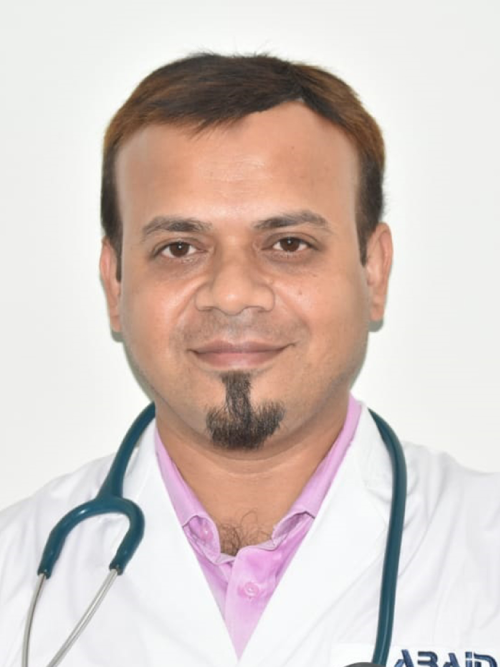
Dr Mohammed Azizur Rehman
MBBS MD FACCP MRCPS MNCCP FWAMS
Pulmonary Medicine & Internal Medicine,
Professor, Under Faculty of Medicine,
Dhaka University, Dhaka, Bangladesh.
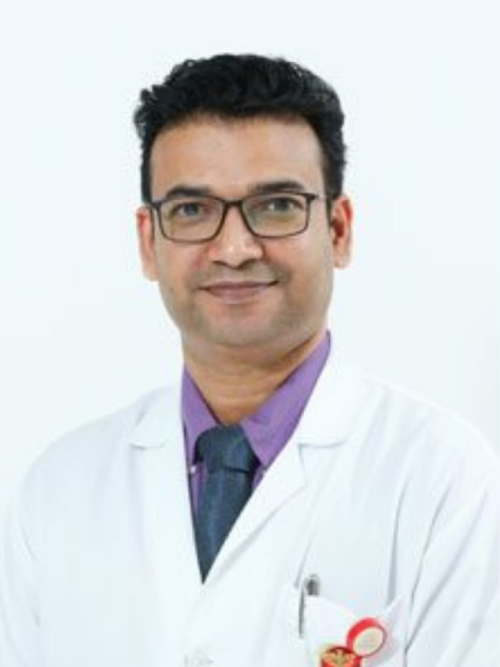
Dr Devendra Kumar Verma
MBBS FICM PGDHHM PGCIH CCEBDM
Internal Medicine & Critical Care
Al Qassimi Government PG Teaching Hospital
Sharjah
National Faculties
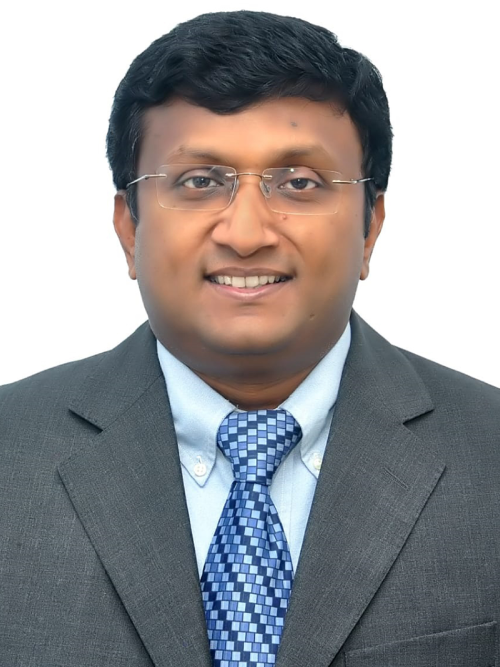
Dr Raja Marimuthu
MBBS D.Ortho MRCS (UK) FRCS (UK) MCH Ortho
Orthopaedics & Trauma
Director
Delta Healthcare UK Ltd
NHS
Chief Operating Officer (COO)
Sree Balaji Medical College & Hospital
Chennai, India
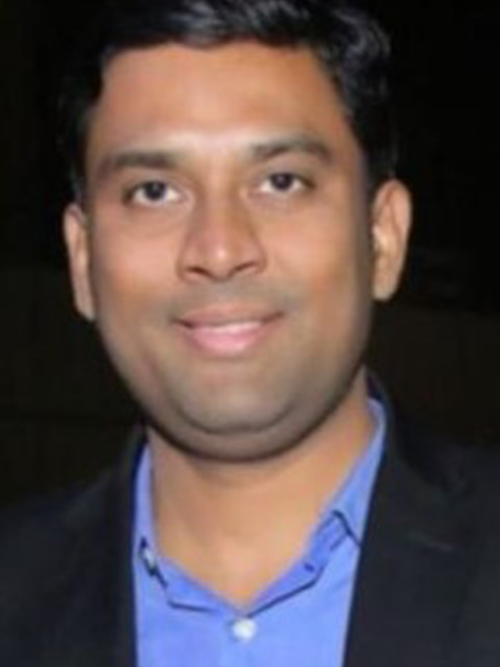
Dr Srinivas Jakkinaboina
MBBS MD DM (Critical Care) EDIC
Senior Consultant and Head - Department of Critical Care Medicine Citizens Specialty Hospitals
Hyderabad.
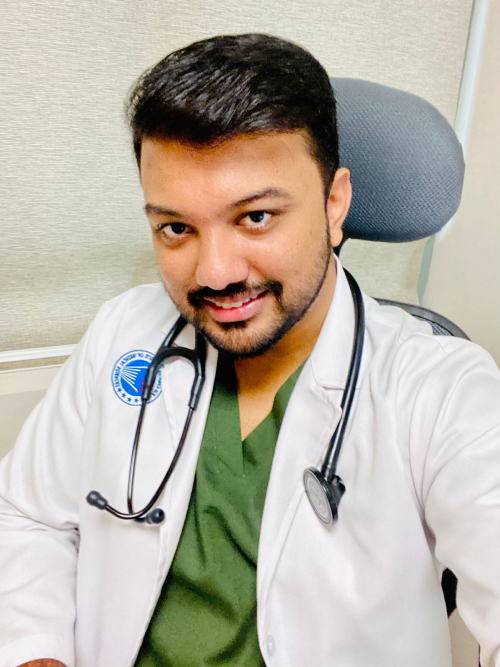
Dr Arun Raj S. L
MBBS MEM FICM MRCEM (A-UK)
Emergency and Critical Care Medicine
HOD in Emergency and Critical Care Department
Dr K M Cherian Institute of Medical Sciences
Kallissery, Kerala

Dr Prabakaran P
MBBS MD
Anesthesiology
Registrar at KMCH
Coimbatore, Tamil Nadu
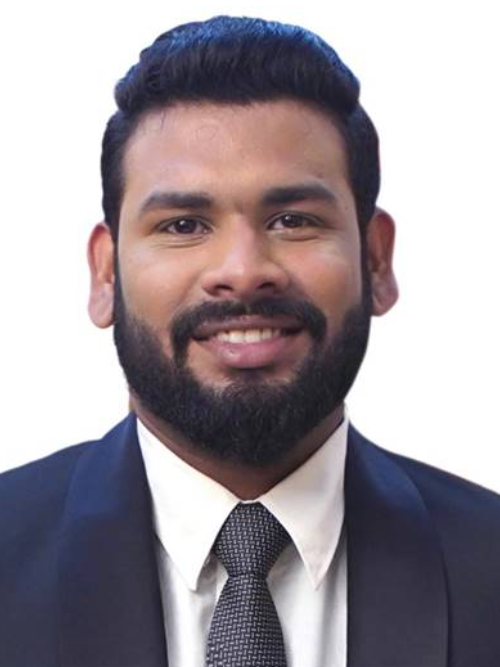
Dr Anish K Davis
MBBS MEM FICM
Emergency and Critical Care Medicine
Intensivist
Madha Medical College
Kundrathur, Chennai
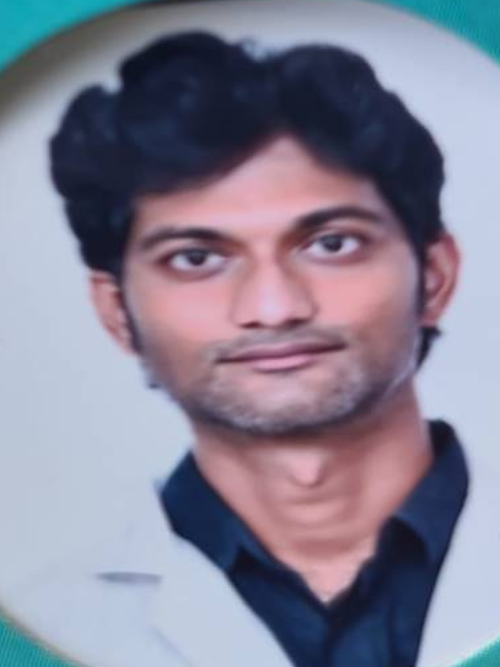
Dr B.R.Kaladhar Reddy
MBBS MD Anesthesia IDCCM EDIC (UK)
HOD & Chief Consultant Critical Care
KIMS Hospital, Nellore
Andra Pradesh

Dr Manmohan P. Borse
MBBS, DNB, IDCCM, EDIC
Critical Care Medicine
Consultant Intensivist & Incharge
AHRC Hospitals, Ranchi, Jharkhand.
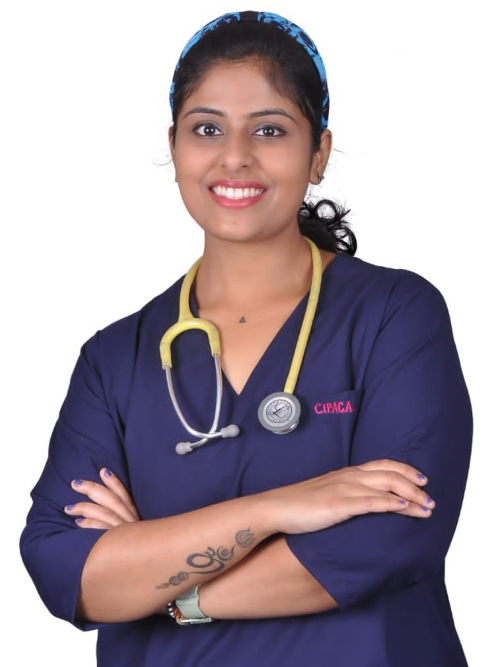
Dr Chitra B Pillai
MBBS MEM MRCEM
Emergency Medicine
Clinical Cluster Coordinator
Sri Narayani Hospital & Research Centre
Vellore, Tamil Nadu
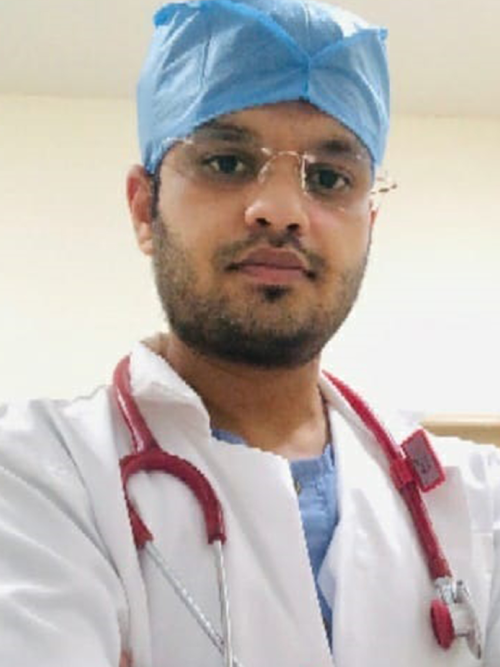
Dr Manish Manchi Reddy
MBBS MD IDCCM FIID
Anesthesiology
Clinical Cluster Coordinator
Unit Incharge
Sri Narayani Hospital & Research Centre
Vellore
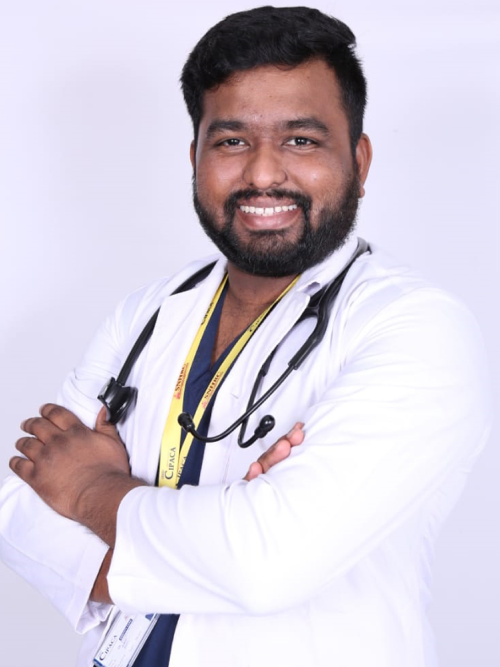
Dr Joshua Brown
MBBS FICCM Pgcert Clinical Neuro (UK)
Critical Care Medicine
Consultant & Clinical Cluster Coordinator
Sri Narayani Hospital & Research Centre
Vellore

Dr Chevi Reddy Sindhuja Reddy
Doctor of Pharmacy
Cheif Operating Officer
Dhaarvi Health Care Pvt Ltd
Hyderabad.
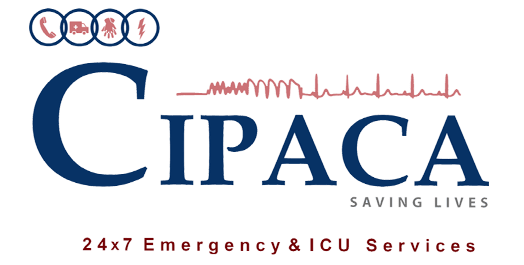
CIPACA strives to provide the best emergency care and ICU services to patients across hospitals of different types. We set up, maintain and manage ICUs in compliance with international standards.
Quick Links
Padasalai
1st Street [NRI Layout],
Panaiyur, Chennai - 600119